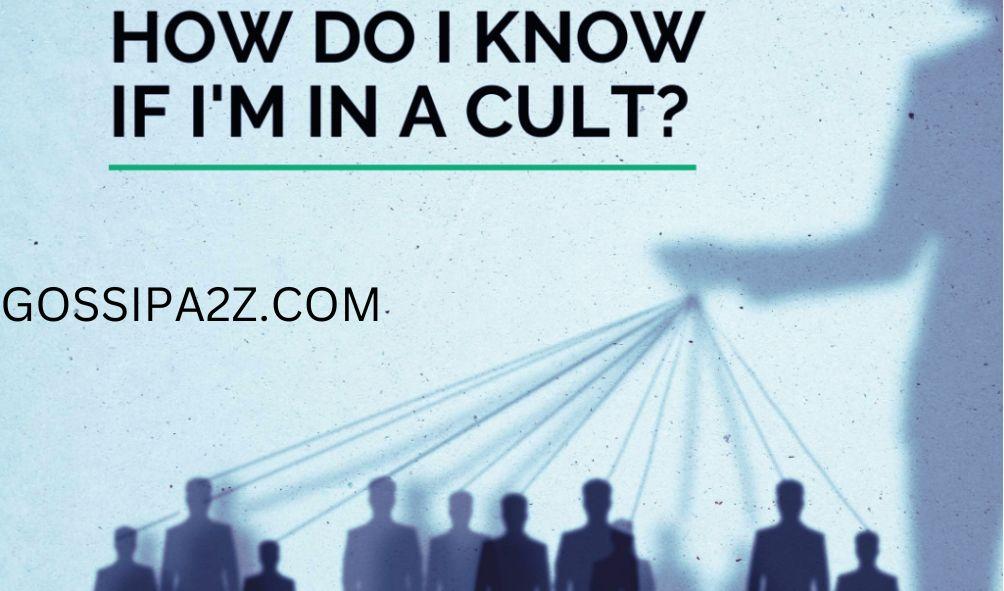Signs You’re in a Cult: How to Recognize the Warning Signals
In contrast, occults are groups that believe in the hidden or secret knowledge that transcends the scope of ordinary human knowledge and is not necessarily supported by the Bible.
These practices include divination, fortune-telling, spiritism, and magic.
Cult-related characteristics
1 . The group demonstrates an excessively fervent and unquestioning devotion to its leader and (whether he is alive or dead) considers his belief system, ideology, and practices to be the truth and the law.
2. Questioning, skepticism, and opposition are discouraged or even punished.
3. The excessive use of mind-altering substances serves to suppress doubts about the group and its leader(s).
4. The leadership dictates, sometimes in great detail, how members should think, act, and feel (for instance, members must receive permission to date, change jobs, or marry; or leaders prescribe what types of clothing to wear, where to live, whether or not to have children, how to discipline children, etc.).
5. The group is elitist, claiming a special, elevated status for itself, its leader(s), and its members (for instance, the leader is considered the Messiah, a special being, or an avatar; or the group and/or the leader are on a mission to save humanity).
6. The group’s polarized us-versus-them mentality could lead to conflict with the larger society.
7. The leader is not answerable to any authority (unlike teachers, military commanders, ministers, priests, monks, and rabbis of mainstream religions).
8. The group teaches or implies that its ostensibly noble ends justify any means it deems appropriate. This may lead to members engaging in behaviors or activities they would have deemed immoral or unethical before joining the group, such as deceiving family and friends or soliciting funds for fictitious causes.
ALSO READ: The World’s Most Terrifying Cults
9. To influence and/or control members, the leadership induces feelings of shame and/or guilt. This is frequently accomplished through peer pressure and subtle forms of persuasion.
10. Subservience to the leader or group necessitates that members sever ties with family and friends and drastically alter their personal goals and activities before joining the group.
11. The group is concerned with recruiting new members.
12. Members are required to devote an excessive amount of time to the group and its activities.
13. Members are required or encouraged to live and/or socialize exclusively with other group members.
14. The most devoted members (the “true believers”) believe there is no life outside of the group. They believe there is no other way to live and frequently fear reprisals if they leave (or even contemplate leaving) the group.
Under the Kenyan Constitution’s Bill of Rights, “every person has the right to freedom of conscience, religion, thought, belief, and opinion,” and “every Kenyan has the unrestricted right to manifest any religion or belief through worship, practice, teaching, or observance, including the observance of a day of worship.”
However, the law is silent on the subject of cultism.
Signs You’re in a Cult: How to Recognize the Warning Signals
HEY READER. PLEASE SUPPORT THIS SITE BY CLICKING ADS. DON’T FORGET TO HIT THE NOTIFICATION BELL FOR MORE UPDATES AROUND THE GLOBE.
